by Lindsey Campbell
from UC Santa Santa Barbara to Maastricht, the Netherlands
Dirty, noisy, and full of sketchy people. I once believed these common misconceptions about hostels. Until I stayed in hostels myself while studying abroad in Europe. Unlike in the States, hostels are quite popular. They are generally clean, safe (provided you take precautions), and full of friendly, interesting travelers from around the world.
In this guide, I am sharing tips and pointers I’ve accumulated for those who may be new to the hostel experience.
EXPECT THESE ACCOMMODATIONS AND AMENITIES
Hostels offer individual beds to rent in shared, dormitory-style rooms with communal bathrooms — just like the freshman dorms at UCs. The dorm rooms are cleaned daily, and common areas such as bathrooms are often cleaned multiple times per day.
Amenities at hostels are more limited than at hotels, but you’ll always receive necessities such as fresh linens, hot showers, and free Wi-Fi. In Lisbon, Portugal, I used the hostel’s Wi-Fi and coworking space to submit the last assignment of my undergraduate degree. The other guests congratulated me, and we celebrated with sangria from the hostel bar!
FIND THE RIGHT HOSTEL FOR YOU
I use HostelWorld.com to research hostels and read reviews, then I book directly though the hostel’s website.
Booking direct is often cheaper and may come with perks such as free breakfast!
Reviewers on HostelWorld.com tend to have high standards and they often include specific details. They’re also quick to pan hostels that aren’t up to par. Hostel owners are aware that bad reviews can tank their business, so they usually do everything they can to make your stay comfortable and safe.
CONSIDER THESE FACTORS
The description, photos, and reviews of each hostel on HostelWorld.com will help you decide if it suits your needs. But you should have some criteria established before launching your search. Here are a few questions to ask yourself before booking your hostel stay.
- What is the location like? Is it central and easy to reach from the train station or airport? Is it in a safe neighborhood?
- What is the layout of the room and how many people will you be sharing it with?
- Can the hostel accommodate any special needs such as wheelchair accessibility? (If this information is not available online, you can ask the hostel via phone or email.)
- What is the atmosphere like? Is it a party hostel with many social activities, or is it a more laid-back, quiet hostel? This is usually apparent in the hostel’s description and reviews.
- Are private rooms available? They are usually more expensive, but ideal if you need more quiet time and personal space.
SOCIALIZE
Many travelers choose to stay in hostels because they want to meet new people! Introduce yourself to your bunkmates and spend time in common areas such as the lounge. Guided sightseeing tours, live music, and pub crawls organized by hostels are a great way to meet new people, especially as a young solo traveler. Fellow guests are often very open and happy to have you join them. On a solo trip to Copenhagen, Denmark, I recognized two of my roommates while out in the city and we spent the rest of the day sightseeing together.
Be sure to exchange contact information with the friends you meet. Many of them travel often and have recommendations from their home country or places they’ve previously visited. You could even meet up with them again if your paths happen to cross in the future. Coincidentally, a Swedish friend I met in a hostel lounge had previously studied abroad at UC San Diego! We bonded over our college experiences, and he gave me advice for adapting to European culture as a Californian.
During the cold and dark winter months, people tend not to travel as much and are generally less social at hostels. This can be a perk though, as beds are typically cheaper during the off season, and you may even get a room to yourself without paying extra for a private room.
KNOW THESE SAFETY TIPS
Although I eventually wanted to try traveling on my own, I didn’t quite have the confidence to do so when I first arrived in Europe. During my first weekend abroad, I traveled with a group of friends large enough to fill all the beds in our hostel dorm. We were able to familiarize ourselves with the communal environment without having to share with strangers just yet. If hostels feel out of your comfort zone, I recommend staying in them with trusted friends first to help build your confidence.
But no matter how confident you may become while abroad, it is important to prioritize safety. Always trust your intuition! If another guest is making you feel uncomfortable, let the front desk know and they will move you to a different room. Many hostels make photocopies of each guest’s passport or ID upon check-in, which acts as an additional crime deterrent, because the hostel has a record of passports to cross check for wanted criminals or missing persons).
Whenever possible, I schedule my arrival to new destinations during daylight hours to avoid the stress of navigating an unfamiliar area in the dark. One time I neglected to do this, and a group of locals in Venice, Italy noticed me wander around the same corner four times and asked if I needed help.
Theft in hostels is uncommon, in my experience, but it can happen. Utilizing the provided lockers will give you peace of mind. I usually sleep with my weekend bag on my bed to easily access all my items. After getting ready for the day, I lock everything up in my locker before heading out. When showering, I either bring my phone and wallet with me, or keep it in my locker.
As a female, I always book female dorms! Most hostels offer them and they’re usually only a few euros extra. In addition to making me feel safer as a solo female traveler, I’ve found that they drastically reduce my chances of encountering snorers — since men tend to snore more than women.
BRING THESE ITEMS
The following are a few items that will help make your hostel stay more comfortable.
Earplugs and Eye Mask
These are lifesavers! Earplugs will help if you happen to be sharing a room with a snorer or if others in the room are making noise. The eye mask will help you sleep if there’s a light on in the room or if you’re in a location with long daylight hours.
Padlock
Most hostels provide large lockers in the rooms for storing belongings during the day, but they usually do not provide locks, so bring your own. I recommend a combination lock with a cable shackle, since they can easily fit through a variety of locking mechanisms. You can also use them to lock the zippers of your bag while traveling.
Shower Shoes
During my first hostel stay, only one person in our group of eight brought shower shoes, and each of us had to take turns borrowing them. I remember being so tired after a day of sightseeing and waiting forever to take my turn using them. Definitely bring your own!
Waterproof Tote Bag
I like to throw all my toiletries in a waterproof tote bag to keep them together and dry when using the communal bathrooms. If you’re sleeping on the top bunk, a tote bag also makes bringing small items up and down the ladders easier.
Travel Towel
Most hostels offer towels to rent for a few euros, and the cost can add up over time. Microfiber travel towels are a lightweight and quick-drying alternative.
KNOW THIS ETIQUETTE
At the end of the day, hostel dorms are a shared space for rest. Avoid being what I like to call a “hostel rando” by following general etiquette. Basically, don’t be like these people:
The ‘Plastic Bag Rustler’
This traveler decides that 5 AM is the perfect time to reorganize their bag with many zippers. And of course, they packed everything in the loudest, swishiest plastic bags.
The ‘Partier’
This traveler stumbles into the room in the middle of the night and turns on all the overhead lights. You can tell they woke everybody up by the groggy grumbling of all your roommates.
The ‘Snoozer’
This traveler was feeling ambitious last night and set their alarm for way too early in the morning. Now they’re hitting snooze every ten minutes and waking the rest of the dorm up along with them.
The ‘Unhygienic Person’
This traveler might smell weird, hang their wet laundry from the bunk bed railings, or leave hair all over the sink (yuck!).
The ‘TikTok Scroller’
This traveler scrolls TikTok with the volume up through the wee hours of the night. Sometimes they call family and friends back home — usually on speaker.
If you encounter inconsiderate guests, don’t let them ruin your stay. Politely asserting your boundaries is usually enough to make their rude behavior stop. If that fails, you can always let the people at the front desk know; they’ve seen it all before and know how to handle it. Keep in mind that for each discourteous person, there are tons of amazing, polite travelers who will make your experience both peaceful and fun.
WHO SHOULD PAY MORE FOR A PRIVATE ROOM
Shared dorm rooms are not for everybody. Fortunately, many hostels offer private rooms for those who still want to enjoy socializing in the common areas. If you are one of the following types of people, you will likely be more comfortable in a private room.
Introverts
Hostels typically attract more extroverted travelers due to their social atmosphere. This may feel overwhelming to introverts or people with social anxiety, especially after a long day of travel or sightseeing. If you need time alone to recharge, shared dorms may not be ideal for you.
Light Sleepers, Snorers, and Sleep Talkers
Guests usually try their hardest not to make noise at night, but they may accidentally wake you up by dropping something or slamming a door. If you are a light sleeper, these disturbances may negatively affect your energy and mood the next day.
Immunocompromised People
If you have a compromised immune system, a private room is your safest bet, especially during the winter cold and flu season.
When I studied abroad during the Fall 2021 semester, I chose to stay in lower-capacity hostel dorms to decrease my risk of exposure to COVID-19. When cases of the Omicron variant increased in December 2021, I stopped staying at hostels entirely and opted for private rooms or day trips.
Also, if you know you are an especially loud snorer or sleep talker, put yourself in your roommates’ shoes and consider how your presence in a shared sleeping space could disturb others.
AVOID HOSTELS WHEN…
Hostels are wonderful, but they’re not for everyone. The following are better off avoiding hostels and opting for other, more private accommodations.
You’re traveling with a large group
If you are traveling with a large group of friends and need to stick together, a hostel probably isn’t for you because it is difficult for the hostel to assign everyone to the same room. It’ll probably be cheaper and more comfortable for you to split the cost of an Airbnb than renting individual beds in a hostel.
You’re sick or potentially contagious
If you are sick and contagious with anything contagious, it would be unfair to your roommates to stay in a shared dorm. You may also be violating the hostel’s rules and they could ask you to move to a private room.
Book a hotel or private Airbnb instead.
IN CONCLUSION
Hostels are by no means as luxurious as hotels, but they offer something that hotels do not: the opportunity to step out of your comfort zone and socialize with people from around the world. Plus, they’re a lot cheaper, so choosing this accommodation option gives you room in your budget for even more memorable experiences abroad.


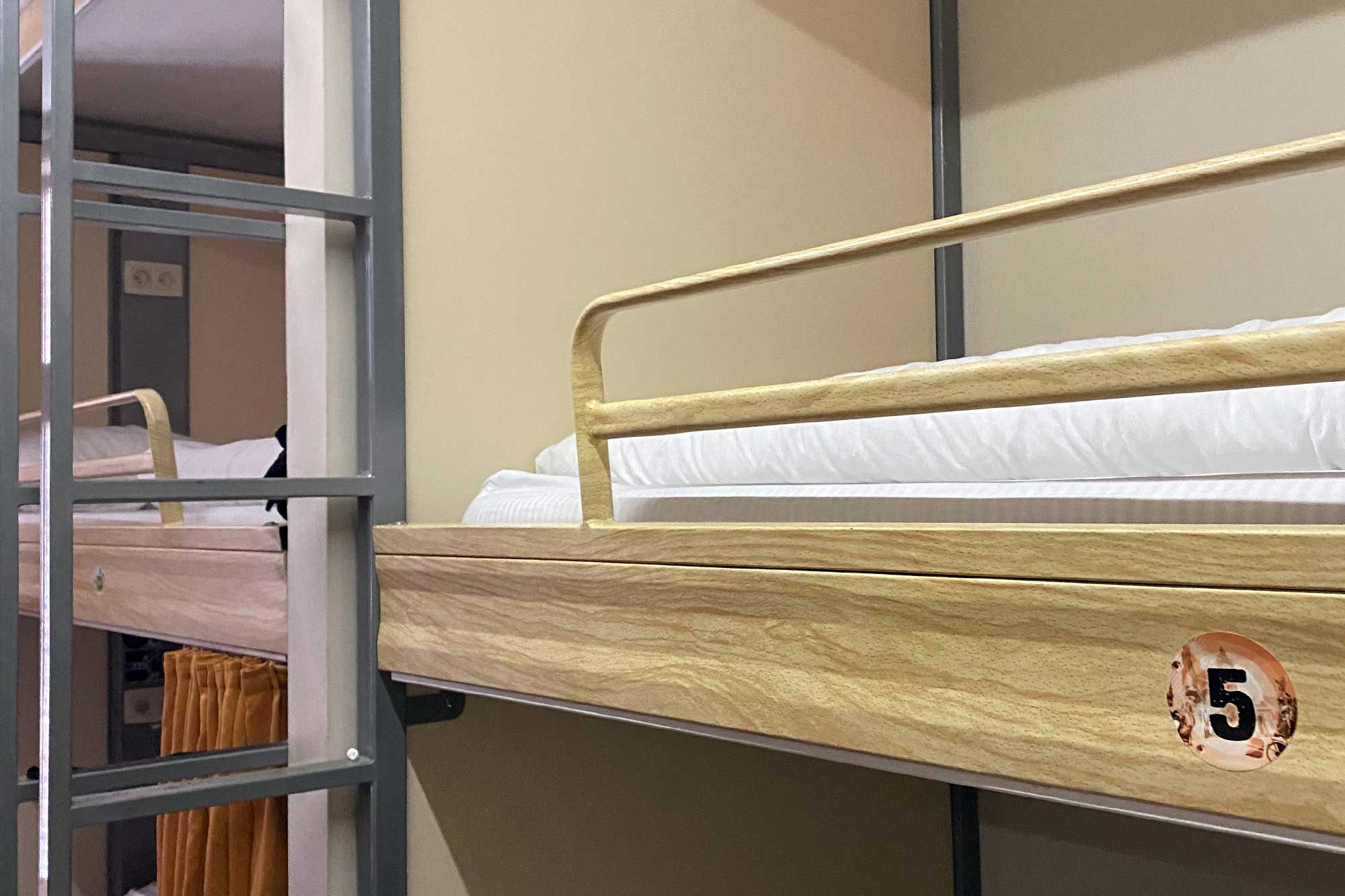
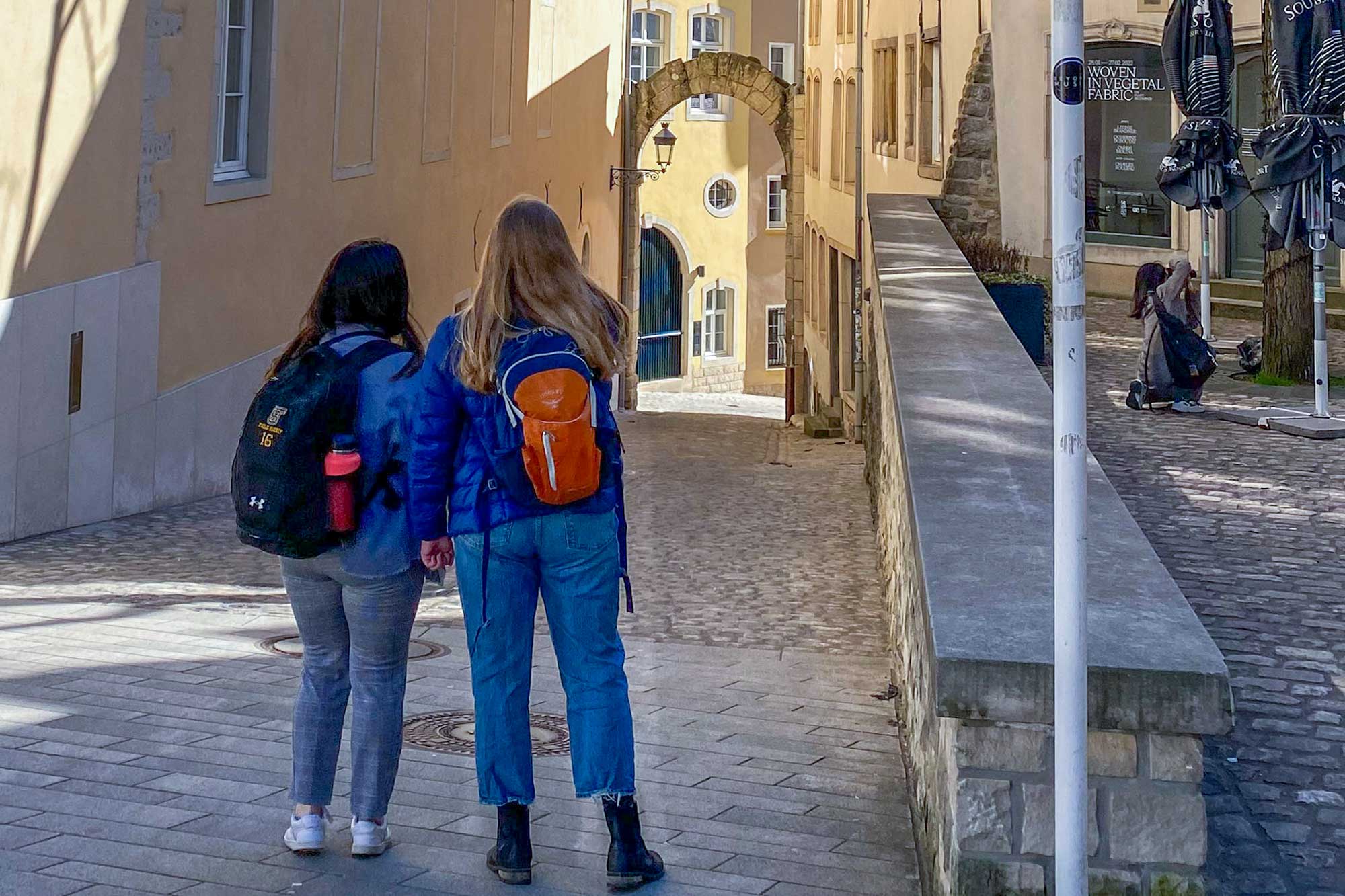
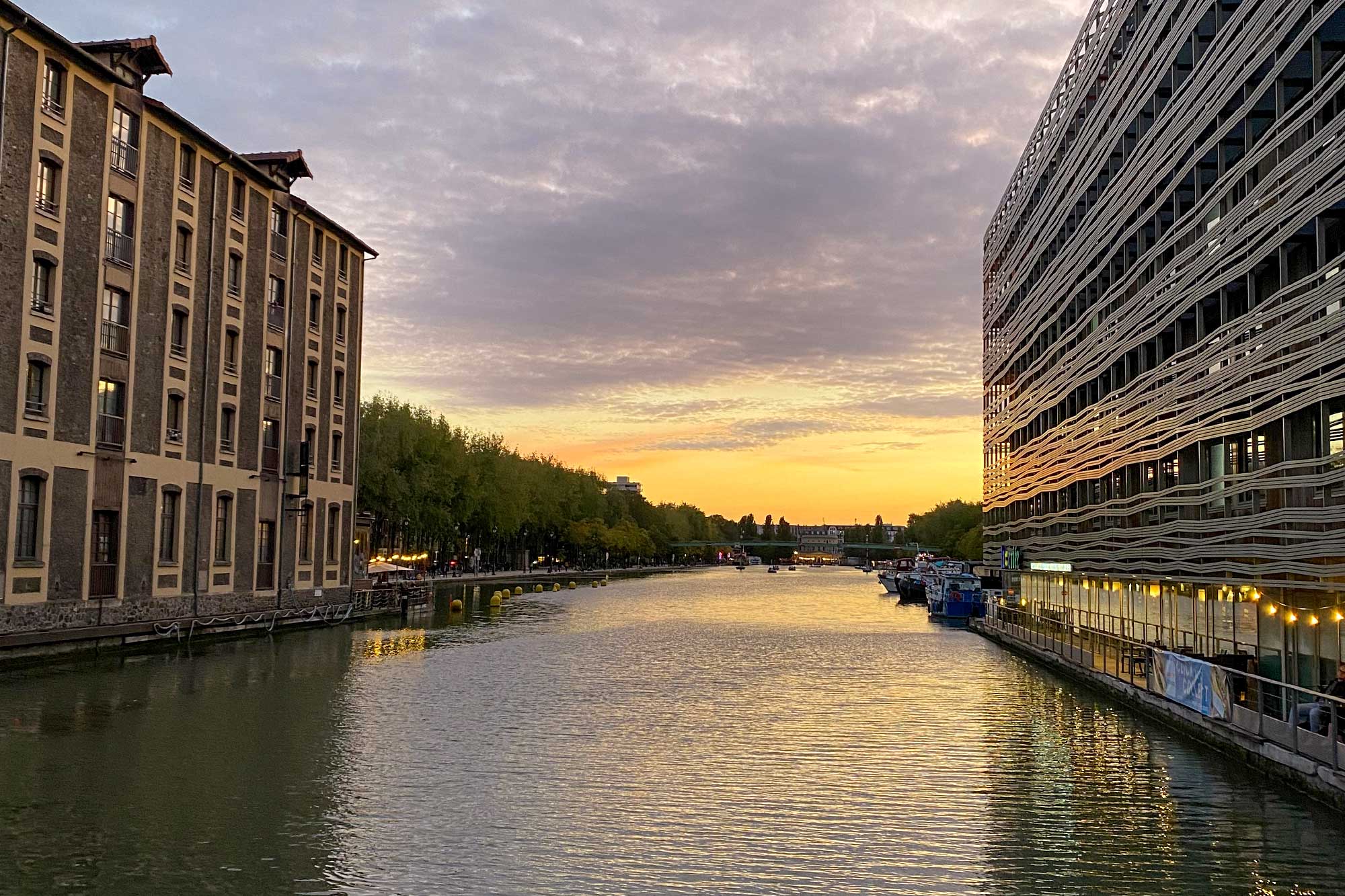
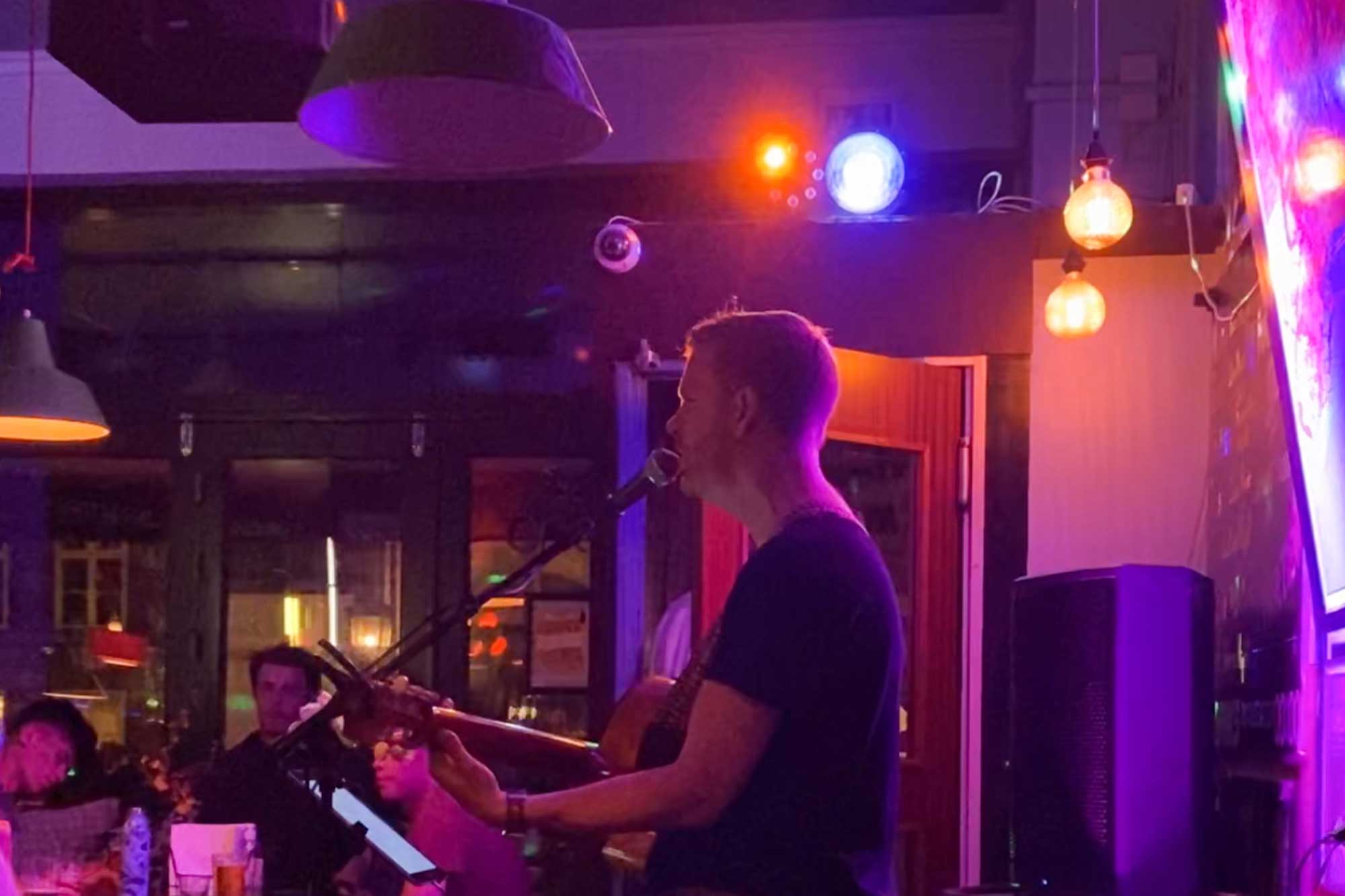



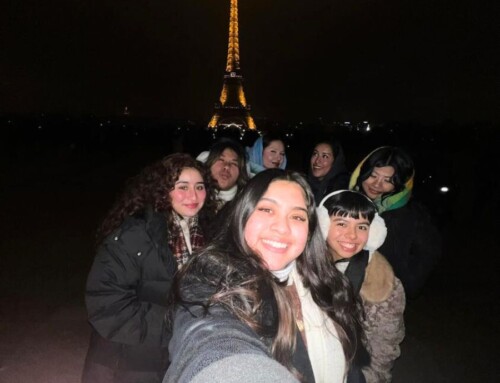

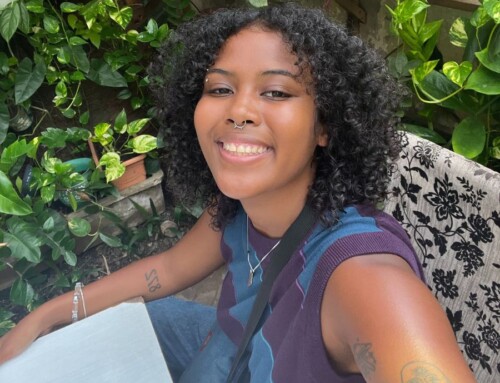

Leave A Comment